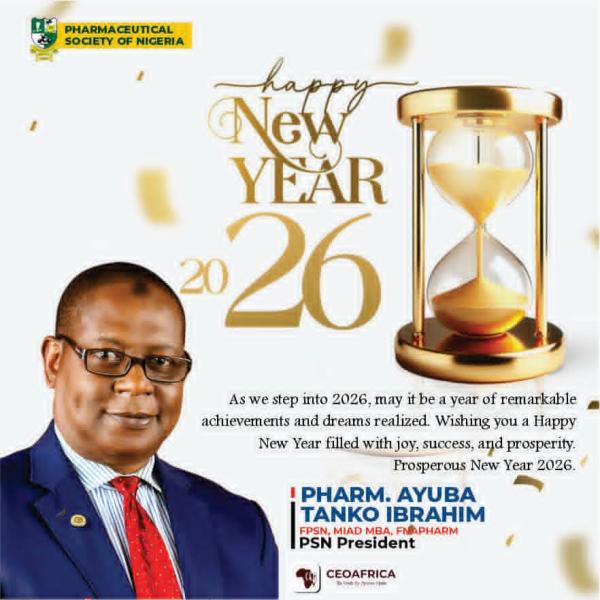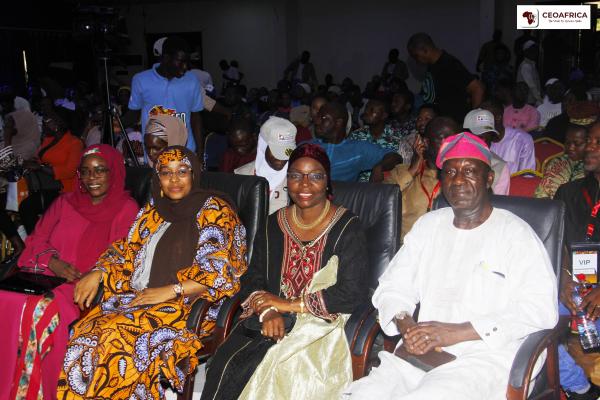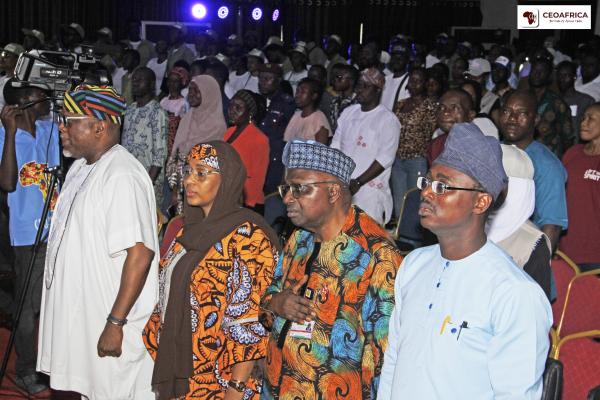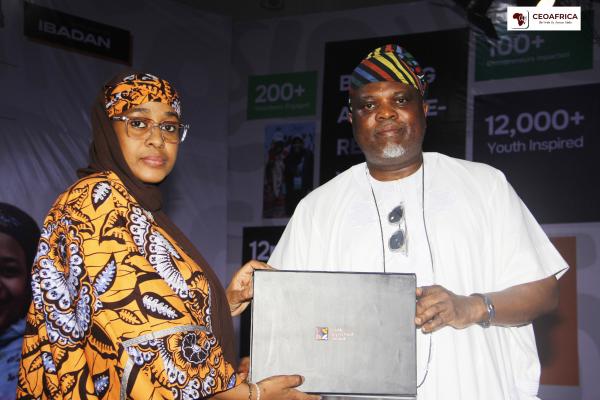
op artistes join The All African Music Awards and the African Union to discuss cultural development, writes AKEEM LASISI, just back from Addis Ababa
Reigning bad-oo boy, Olamide, found himself in a different environment last week. Away from his hip hop constituency where he usually rocks the stage crying for some intoxicating ‘dongoyaro’, he rather got hooked in an intellectual environment when he represented Nigeria at the All African Music Award held in Adis Ababa, Ethiopia.
Being an extrovert on stage and even in videos – although no less creative – one would likely plan to see Olamide as an odd one out at the conference hosted by the African Union. But many of the participants were surprised to see the other side of the artiste who was invited on the strength of being the winner of the AFRIMA Album of the Year for 2014.
If anything, it was a gentle Olamide that played out whether in the course of the journey, at Intercontinental Hotel, where the conferees lodged, and at the magnificent AU house where the conference proper, which sought to chart a bright future for music and other cultural values in Africa, held.
While the artiste also spoke on some of the issues defining the moment, the event was bigger than any individual as participants, which included AFRIMA management and AU officials, spoke frankly on the potential of the creative industry and roles that governments must play to really liberate it.
Among them were the Chief Executive Officer of AFRIMA, Mr. Mike Dada; Commissioner for Social Affairs, AU, Dr. Mustapha Kaloko; Director, Brand Communication and Sponsorship, AFRIMA, Matlou Tsotetsi; AFRIMA’s Chairman, International Media Committee, Mr. Steve Ayorinde; its jurors, Rita Ray (UK) and Richard Kawesa, and Angela Martins also of AU.
Also present were AFRIMA 2014 Best Artiste in Northern Africa, Ahmed Soultan (Morocco); AFRIMA 2014 nominee, Tsedenia Gebremarkos (Ethiopia); Best Female Artiste in Southern Africa, Cindy Munyavi (Zimbabwe), and Best Female Artiste in Central Africa, Laurette La Perle (DR Congo).
In a keynote address delivered by Ray, she expressed happiness at what she called the renaissance that Africa is witnessing in terms of the global acceptance of its music. She noted that be it in music, film or fashion, it was a fine time for the continent.
Ray said, “African artistes are taking inspiration from what affects them. They are using indigenous languages and they continue to make waves. Now, many artistes in other parts of the world are looking to Africa for inspiration, while Diaspora artistes are affirming their roots.”
She commended the AU for relating with AFRIMA, a move that, she said, would be rewarding.
While Kawesa stressed the importance of claiming ownership of one’s music by Africans, with emphasis on the need to work against piracy, Ayorinde noted that an earlier meeting of AFRIMA with AU had affirmed the need to move the cultural landscape forward on a common continental platform. He said the stakeholders recognised the need for synergy and promotion of a common front to tackle piracy and other challenges.
He said, “This year, the AU is drawing plans for the next 50 years. This is an important development. The questions we could ask include, ‘How should that affect cultural content? Is there an African music – not ‘world music’? Could there be a continental copyright administration? Can we fight piracy together?’ So, music surely has a role to play here, so that there is renewal ahead.”
Producer and presenter Olisa Adibua’s concern bordered on dwindling music education especially among the youths. Calling on AU to mobilise against piracy, he said the culture of playing indigenous music was almost totally gone. He thus wants the AU to set aside a fund for music education in schools.
Similarly, AFRIMA’s Country Director, Kingsley James, is sad that history is no more being taught in many schools. He wondered what the colour of future music would be. Besides, he called for a proactive legal framework that could aid the fight against piracy so that those who genuinely invest in the industry can reap the right benefits. Of course, James wants artistes to also form functional and business-oriented associations and cooperatives to fill the gaps.
Interestingly, Soultan was skeptical about the suggestion that international labels should be invited to come and erect needed structures. His fear is that they are likely to upturn the stage and claim the same ownership the conference was talking about. The safe alternative, according to him, is to mobilise indigenous outfits to invest in music.
Dada assured the participants that the kind of Africa that AFRIMA is dreaming about is one that will witness reduced poverty and hostility, and where peace and infrastructural development will reign. The way to go, he said, was to look at the continent’s areas of strengths and harness such.
“There are many challenges to overcome, but the problems are surmountable. This is the reason for AFRIMA, which is paving the way for a prosperous Africa. Others have problems. But we have image issues as well. Music has a role to play here and we should just come together to raise the bar to that level where it will be able to play that role,” Dada said.
With Munyavi urging the AU to put music in mainstream business, it was a time for the commission to make some commitment that really excited many of the participants. For one, they urged the AU to put pressure on African governments to ratify its charter on cultural development, but which only eight countries had ratified.
Kaloko said the commission understood the importance of music and that it placed high premium on the promotion of cultural heritage. He thanked AFRIMA for organising the conference and pledged support for its programmes.
He said, “Culture is the only commodity that over the years cannot be devalued. You devalue currency, not culture.”






















